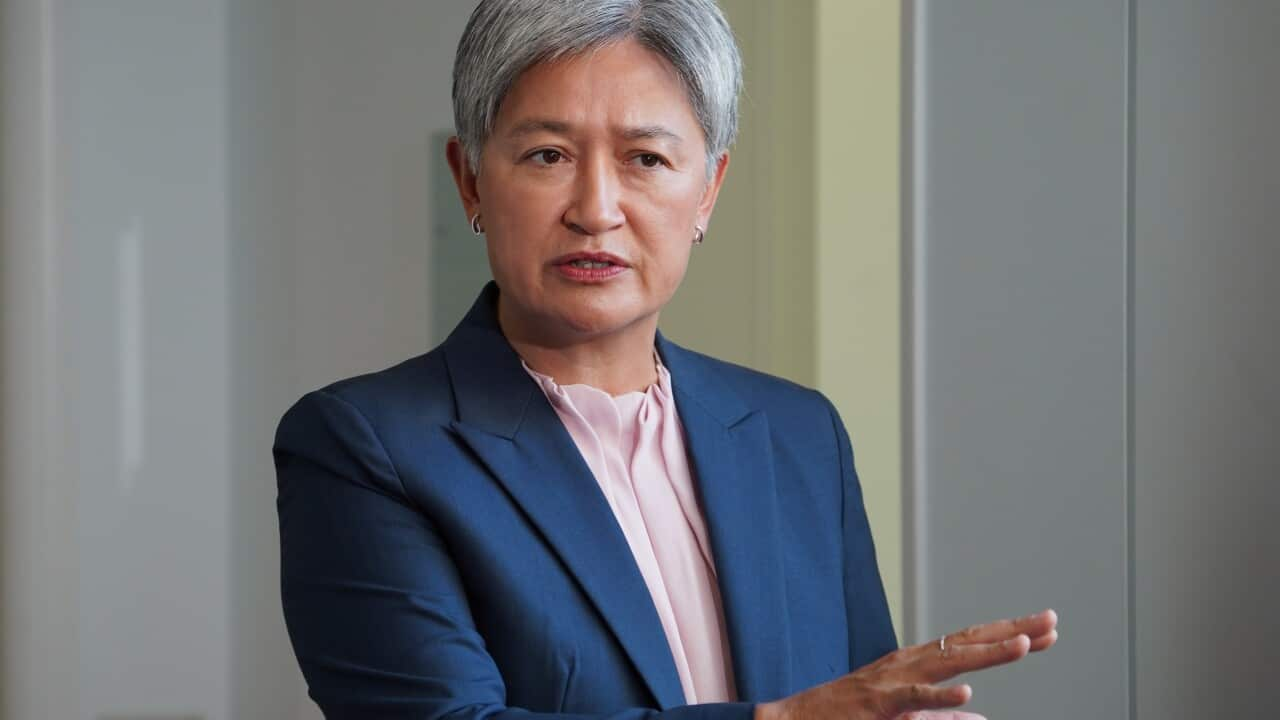TRANSCRIPT
Former paediatric nurse Jan Ross is enjoying a new life after doctors told her she’s in remission from a cancer she wasn’t expected to survive. Ms Ross, aged 57 was diagnosed with myeloma, a blood cancer, three years ago. After repeated treatment with chemotherapy and then stem cell transplants Ms Ross’s cancer returned. By then she was considerably weakened by the disease which had an impact on her whole family. “It was awful. And when you get a cancer diagnosis, it's not just you get the diagnosis. I think your family almost get that diagnosis, too." Myeloma is treatable according to doctors, but not curable. Myeloma Australia says about 20,000 people in Australia are living with the disease at any one time, accounting for 15 per cent of blood cancers and 1 per cent of cancers generally. Last year Ms Ross became a participant on one of several blood cancer trials at the Christie Hospital in Manchester in the north of England. She’s been treated with a drug which researchers say ‘harnesses the power of the immune system. The drug stops the cancer cells from hiding which allowed Ms Ross’s own immune system to attack and destroy them. “All the drugs that they've given me had only sent the cancer at bay for a short amount of time. I've only been on this trial drug since November of last year when I sat with the consultant and she said that you’re in a complete remission and it was just amazing.” Doctors at the Christie Hospital say Ms Ross is currently in complete remission and the cancer can’t be detected. Lead trial researcher and consultant haematologist Dr Emma Searle believes the treatments have the potential to change the outcome for other patients. “They're completely game changing. For years now, though, life expectancy with myeloma has improved we've been using versions of the same sorts of drugs, and this gives us a whole different way of treating the myeloma. With really long, durable responses,” says Searle." Ms Ross isn’t cured, but the cancer is very well controlled. She makes hospital visits twice a month for monitoring and ongoing treatment. Doctors say the drug has the potential to treat patients for whom conventional cancer treatments have failed. Historically, treatments for the disease have used a combination of chemotherapy drugs, steroids and high-dose therapy & stem cell transplantation. Research continues and many new drugs are under development.





